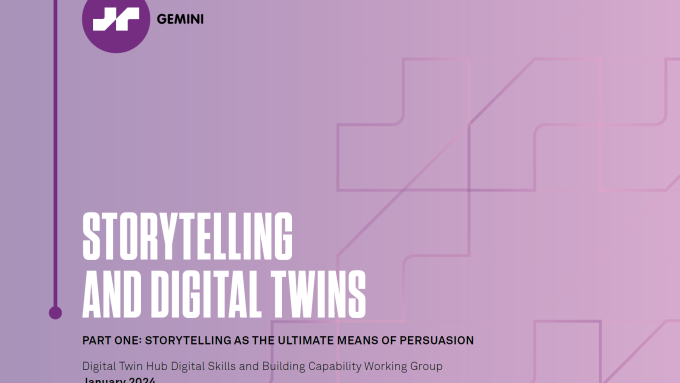Download File

- File Information
- Size: 2.1MB
- Type: pdf
The Information Management Framework (IMF) is intended to enable better information management and information sharing at a national scale and provide the standards, guidance and shared resources to be (re)used by those wishing to participate in the National Digital Twin ecosystem.
|
|
While the scope of the IMF is broad, the “7 circles of Information Management”” diagram is a pragmatic way to divide the information management space into areas of concern that can be addressed separately whilst supporting each other. It identifies coherent areas of interest that can be addressed relatively independently. As part of the second circle of the diagram, the IMF technical team has released this paper outlining our recommended approach to developing information requirements, based on the analysis of process models.
|
The methodology first identifies an organisation’s processes, the decisions taken as part of the process, and then the information requirements to support the decisions. These are communicated to those who create the information. This provides a systematic approach to identifying the information requirements and when it is most cost-effectively created. Managed appropriately, this information capture can avoid costly activity to create information by surveying or inspecting in-use assets.
To allow this anticipation of information needs, the methodology set out in the paper recommends the following steps:
- identify the lifecycle activities that an organisation performs
- decompose the activities in order to identify the material “participants” involved (“things” required for each activity: people, resources, assets, equipment, products, other activities, …)
- identify the decisions critical for these activities
- identify the information requirements for those decisions and the quality required.
Read more in the blog containing a video introduction to the “7 circles of Information Management” by IMF Technical Team Lead, Matthew West, followed by a deep dive into the second circle – Process Model based Information Requirements – presented by Al Cook, main author of this paper.


